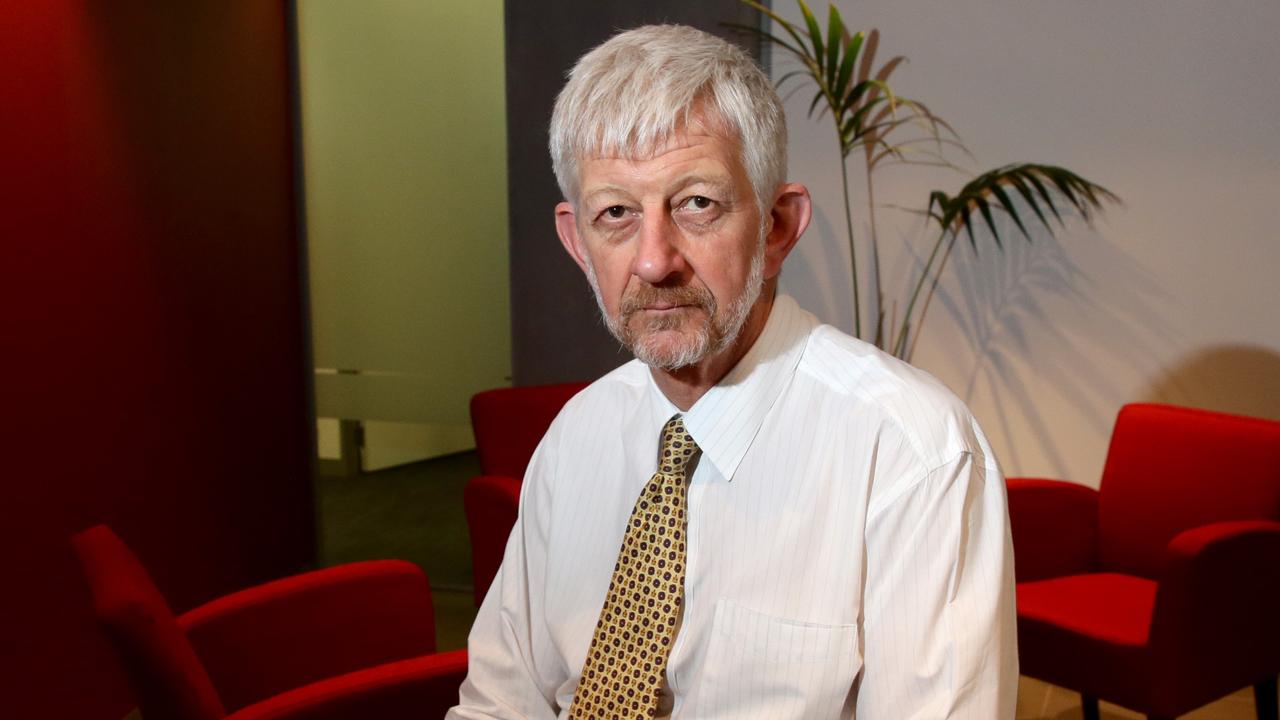Education apps ‘pose danger to kids’, expert warns
Are educational apps spying on students? A schooling expert is calling for national screening of ‘dangerous’ edtech.

Schools and parents are wasting money on potentially “dangerous’’ educational apps that could harvest and sell children’s personal information, an adviser to federal and state education ministers has warned.
Network for Quality Digital Education chair Leslie Loble said it was “almost impossible’’ for most teachers to know which of the 500,000 or so technology-based teaching apps were worth using.
“Edtech decision makers currently select and implement technologies with far too little information about what is likely to work in their schools,’’ Professor Loble said.
“We are consequently spending untold amounts of money – in schools and at home – on edtech that may be overused, underused, or ineffectively used.
“We still lack system-wide regulatory standards and controls to prevent the tracking and scraping of children’s data from edtech platforms.’’
Education ministers decreed in October 2023 that artificial intelligence used in schools must safeguard student privacy and safety.
They gave Education Services Australia – a not-for-profit educational technology company owned by federal, state and territory education departments – $1m to draw up “product expectations’’ for the accuracy, safety and privacy of AI in public schools.
The NSW government is leading the way, with an Online Learning Tools Marketplace that gives schools an approved catalogue of commercial educational online resources that are in line with the syllabus, pedagogy, data privacy and cyber security.
But the NQDE calls for a consistent national approach to selecting edtech, in a new report to be released on Friday. “There is no established mechanism in Australia for independently assessing the quality of curriculum resources of any kind,’’ the report states.
“In worst-case scenarios, edtech is not only ineffectual, but dangerous.’’
The report cites a UNESCO study in 2023 that found 89 per cent of 163 edtech products recommended during the pandemic could or did collect information on children at school or at home.
“Sometimes this information is traded or sold,’’ the NQDE report states. “The lack of informed consent around the tracking and scraping of children’s data from edtech platforms cannot be left to individuals – students, parents, teachers – or even schools to resolve. It requires system-wide regulatory standard and controls.’’
The NQDE report says many edtech companies market their products directly to teachers, students and parents.
“Time-poor decision-makers may be forced to cut corners,’’ it warns. “Safeguarding children’s privacy, data and online safety is an essential component of edtech governance, especially as AI becomes a larger feature of the systems behind these tools.’’
The NQDE report says quality edtech is matched to the curriculum, protects children’s privacy, is unbiased, accessible to children from poor households or with a disability, and includes Aboriginal and Torres Strait Islander perspectives.
Co-author Professor Loble, who is a former deputy secretary of the NSW Department of Education, is a board member of the government-owned Australian Education Research Organisation.
She said the education ministers had laid a good foundation for assessing edtech but “there’s more room to progress on this’’.
Professor Loble said the need to assess different edtech tools could add to teacher workloads.
“The most common way teachers are accessing these tools is the companies approach the schools and the teachers, or they hear about it through word of mouth, and then they sign up for a free trial,’’ she said.
“That’s very time-consuming and we may risk a greater teacher workload if they have to sift through all the different tools that are potentially available to them or being marketed.
“By having a unified national process, this would make it clearer and easier for teachers to understand whether a tool was appropriate or not.’’







To join the conversation, please log in. Don't have an account? Register
Join the conversation, you are commenting as Logout